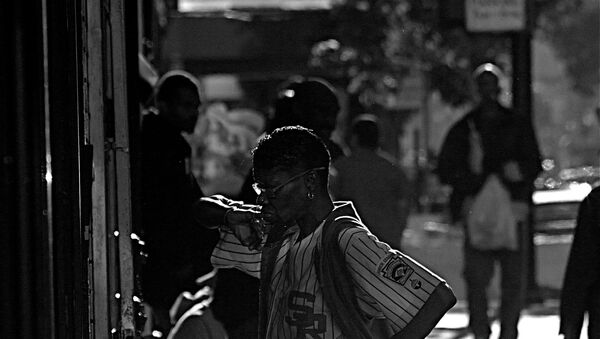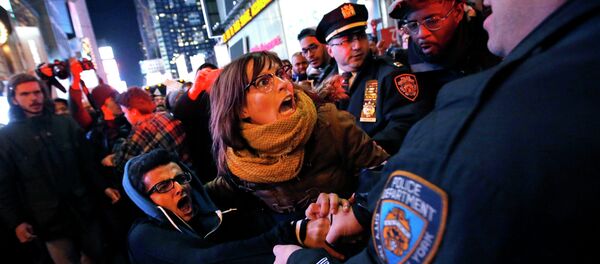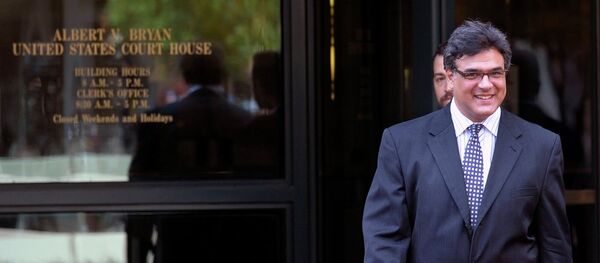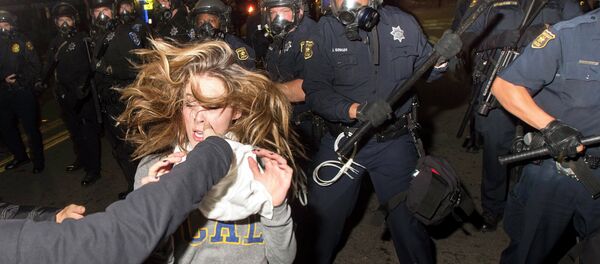“Money bonds discriminate against the poor,” Georgetown University Law School Criminal Justice Clinic Director John Copacino said. “When released on bond, the rich are able to pay, but the poor cannot, and this will affect their ability to see family and seek legal help from a lawyer.”
The current setup creates an underclass of poor people who continue to go back and forth in and out of jail, according to Ohio State University sociology professor Paul Bellair.
Keeping prisoners in jail has become so costly to municipalities, that some public defenders have tried to raise funds for bail bonds to help the poor, according to Copacino. “Some places like Louisiana have $100 bonds placed on prisoners, and they cannot afford it.”
Areas like Washington, DC have solved the problem by taking the money out of the equation, Copacino added. “Washington, DC now relies on personal recognizance, where people are decided on [based on] whether they are a danger to the public or not. Now, people cannot be held on bonds they cannot afford.”
Other reforms, according to the Washington, D.C. Bail Reform Act of 1984, include pretrial release on the basis of a condition, a written statement of condition, or an advisement of the penalties of violating the terms of release.
Experts said surety bonds seem the gravest obstacle for poor prisoners, because they must meet bail plus pay an additional $100 dollars to a bail bondsman. The requirement has created an industry of bail bondsmen.
“Go down to the local courthouse in most cities, and you will see the area decorated with bail bondsmen for hire,” Copacino said. “The extra $100 [that is] put up will never be seen by the accused again.”
Moreover, municipalities get used to having this source of money, and while they should give back the full bond money if the accused is not convicted, that is not often the case, he added.
The solution for the mentally ill is to create an alternative to prison. People may not like it, but they can stay warm, and receive the help they need, because the prison system is not a good environment for recovery, according to the expert.
“In the 1960s, there were almost 500,000 Americans locked up in mental hospitals, but we decided to move on from those, and find alternatives to help those who were actually mentally ill,” Bellair said.
For removing the money from the courtroom, that’s a little different, according to Copacino. “You need to reform the pretrial laws that allow money bonds. That’s the only way you will allow people to be judged on their own recognizance across the country.”
According to the latest estimate of the prison population in the US by the US Bureau of Justice Studies, an estimated 6,899,000 people were under the supervision of adult correctional systems.




